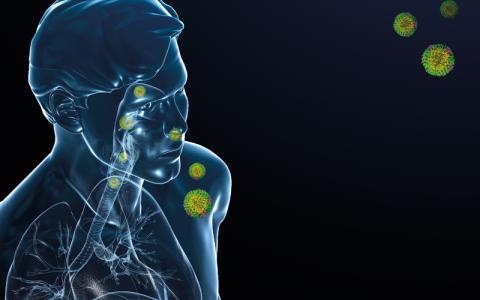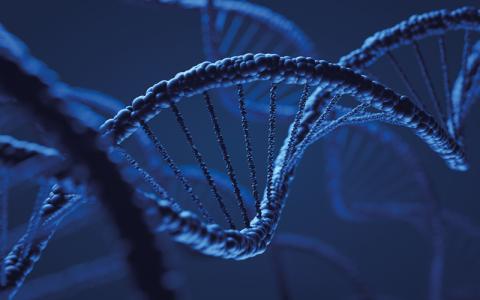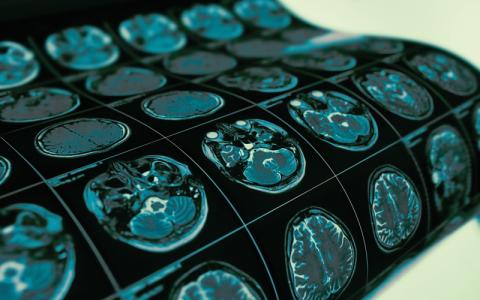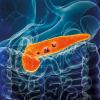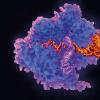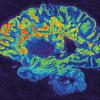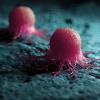Molecular Pathology & Genomics
Beyond SARS-COV-2
Dr Jennifer Cane, a Postdoctoral Research Assistant, asks what sequencing respiratory viruses can tell us.
Microsatellite instability cancer tests
New US research compares the data of newly diagnosed cancer patients who received two different types of tests to determine their course of treatment.
Novel genetic variants associated with Alzheimer’s disease
New research has identified several genetic variants that may influence Alzheimer’s disease risk, putting researchers one step closer to uncovering biological pathways to target for future treatment and prevention.

